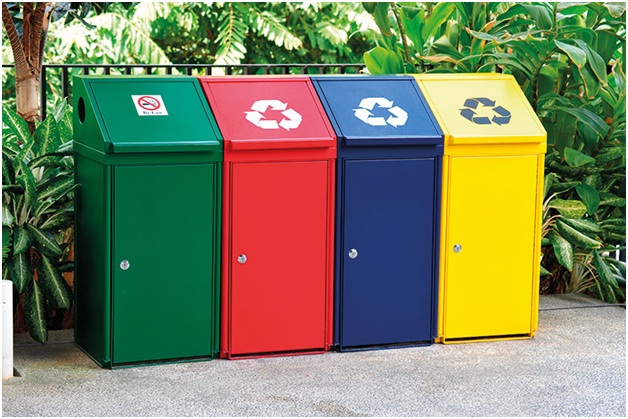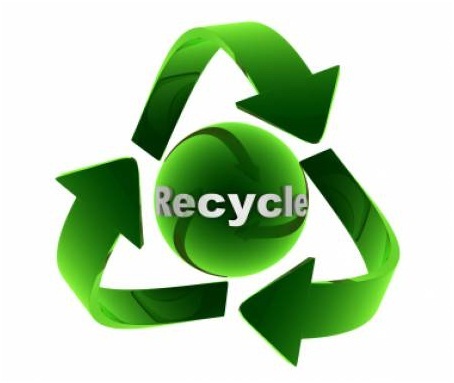Saving the Cost of Products in Recycling
What is mill scale? It is found on all hot-rolled steel products. A particularly thin outer film of hematite, Fe2O3, is found on the surface of steel. The inside part of the magnetite contains very fine metal grains as well as residual black FeO that contributes to the coarseness of descaled metal. Found on all hot-rolled steel products this waste product is not able to be used unless handled in a protecting air or descaled.
What is mill scale?
The oxidized, hardened, surface that advances on steel as it goes through its process that is hot is what is called mill scale. It contains oxidized iron, iron as well as other undefined contaminants such as oils and carbonates.
Byproduct waste
Mill scale is the by-product waste of steel which can be used again as the prime substance in many other industry processes. There are other companies that produce by-products that other industries can use in their recycling processes and can deliver materials of good quality to other industries. These quality materials have value among the companies that recycle material and that are reliant on the industry as well as the application. The price for mill scale depends on the application as it can vary.
Add FE units
Even through the material mill scale is a waste stream, when there is depletion of standard scraps many iron or steel manufactures prefer mill scale as an addition to the FE units. But the composition depends on what type of steel is being produced.
More uses
There are many uses and more are being investigated all the time. This helps with the cost attributed to recycling. The recycling business has become costly often costing much more than a company can afford. This is what happened with companies that first recycled paper, glass, and aluminum cans. When all of these products are recycled it cost money and uses other materials. The solution of this problem is to find ways to use the waste-products of recycling.
Steel industry
An example is of the steel industry. Tons of materials are moved from mills into landfills using space and resources that are valuable. But by keeping these streams clean and using separating, they are able to take these materials to sell and reused in other industries. Mill scale in all its forms can serve other uses in other industries.
Replaces iron ore and limestone
Usually mill scale consists of large amounts of FE or iron with smaller amounts of silica and alumina. This is common when recycling using the “sintering” process. Recycling by this method assists in sparing raw materials such as iron ore and limestone that are normally used. Often these raw materials need to be shipped from far away so by using mill scale this addition expense is avoided.
Used in sinter process
There are numerous studies investigating the potentials by-products of recycling in the process known as ‘sintering’. Aside from the sinter process, several of the preferred sinter goods are able to be accomplished by the use of 40 up to 50 kg of mill scale per sinter ton.
Sell of mill scale
There are companies that get mill scale (iron oxide) from sources of production in the United States and sell it for export or domestic use.
Use in China
This waste product by most U.S. steel producers is being used in China especially when China first became a worldwide steel maker. All FE materials that were by-products were considered by China as potential supply options which made the process of making steel for them cheaper.
For more information on mill scale you can found information at http://mineralrecycling.com/





0 Comments
Recommended Comments
There are no comments to display.